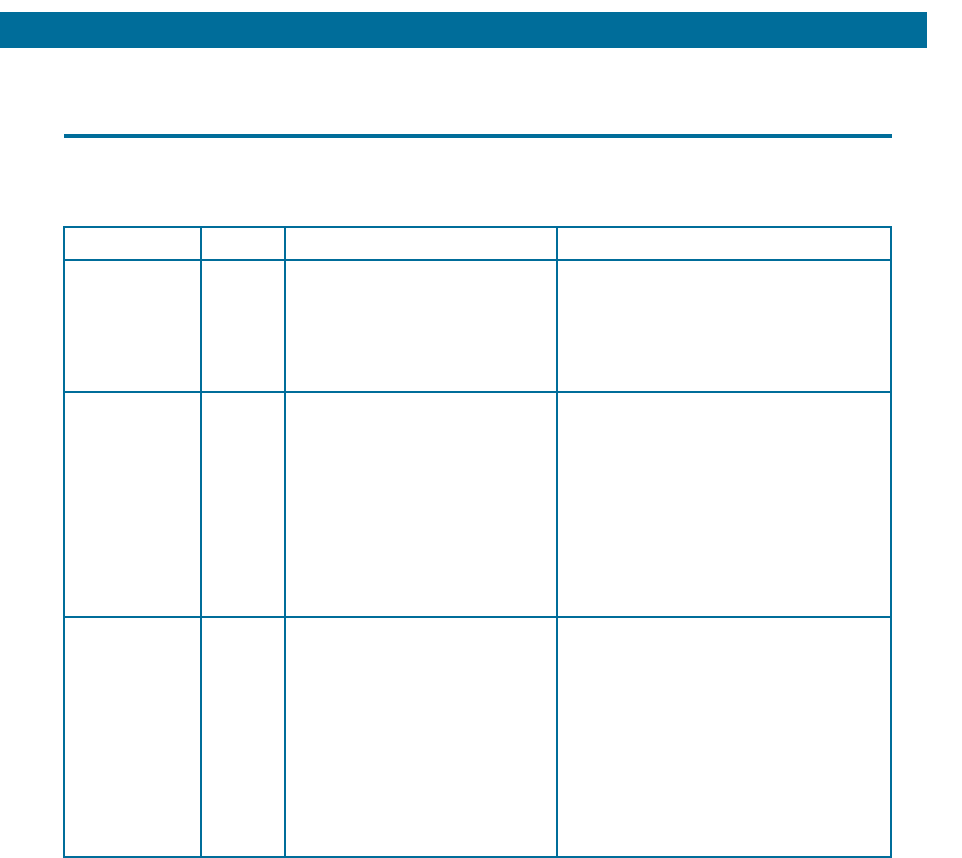
24
Water usage guide
Water temperature
WASH
HOT
130°F (54°C)
or above
WARM
90°-110°F
(32°-44°C)
COLD
70°-90°F
(21°-32°C)
RINSE
COLD*
COLD*
COLD
USE FOR
• Heavy soils
• Work clothes
• Sturdy whites and
colorfast pastels
• Diapers
• Light and moderate soils
• Dark or noncolorfast
colors
• Moderately soiled perma-
nent press
• Nylons, polyesters,
acrylics, silks, woolens
• Knits and delicate fabrics
• Prewash, soak
• Very lightly soiled items
• Normal soiled items if
extra detergent is added
• Extra sensitive colors
(noncolorfast)
• Rinsing, for all fabrics
COMMENTS
• Gives best cleaning for heavy
soils.
• Removes oils, perspiration, greasy
soils and stains.
• Prevents graying and yellowing.
• Safe for most fabric finishes.
• Less fading and dye bleeding.
• Reduces wrinkling.
• Saves hot water.
• Less effective cleaning than hot or
warm water.
• Use longest wash time in cycle
selected.
• Use liquid detergent, or dissolve
powdered detergent in warm water
before adding to cold wash water.
• Pretreat spots, stains and heavy or
greasy soils.
*Warm rinse water is available for some cycles. Warm rinse water provides better water extraction
than cold rinse water, but may increase wrinkling when line drying. In cold climates, warm rinse
water also provides a more comfortable temperature for handling the wash load.
To check your hot water temperature with a
candy or cooking thermometer:
1. Fill a pan with the hottest water available
from the faucet that will fill your washer.
2. Place a candy or cooking thermometer in
water to check the temperature.
If you do not have a faucet at your wash site,
collect water from the faucet closest to your
washer.
NOTE: In wash-water temperatures colder
than 70°F (21°C):
• Detergents do not dissolve well.
• Soils are difficult to remove.
• Some fabrics will retain wear wrinkles and
may have increased pilling.
Water hardness
Many poor washing results can be traced to
wash-water hardness. To check your water
hardness:
• City water–ask your city water company.
• Well water–call your local water authority.
Ask for the mineral content in grains-per-gallon
or parts-per-million. If your water is 9 or more
grains-per-gallon or more than 153 parts-per-
million:
• Consider installing a water softener.
• Use more detergent.
• Use a packaged water conditioner.
• Do not use soap; use detergent.
LAUNDRY TIPS


















